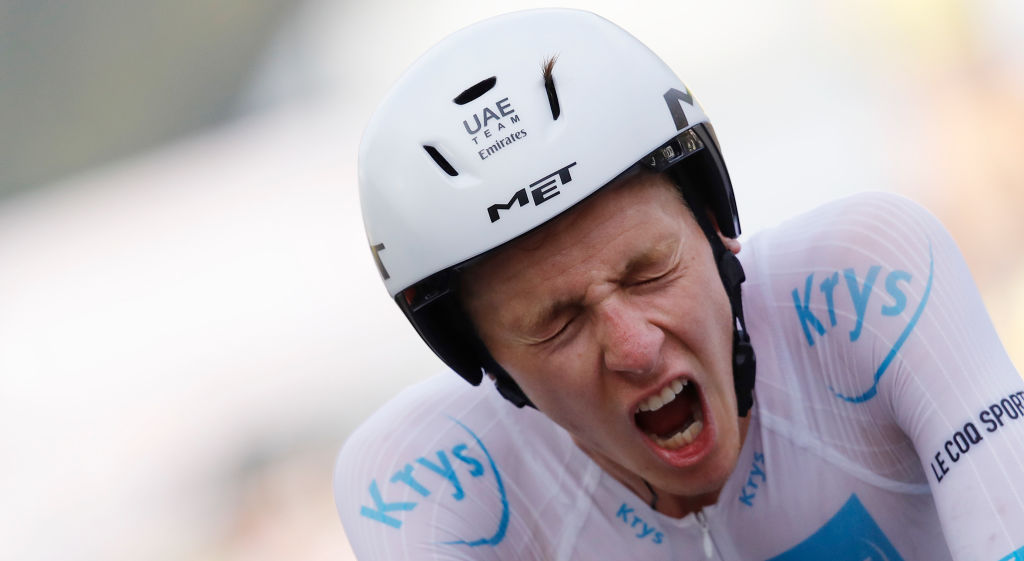Tour de France series on Netflix may be in the works

Professional cycling may be about to get a high-profile boost with the Telegraph Sport reporting on Thursday that streaming giant Netflix is in discussion with the Tour de France organisers ASO and eight WorldTour teams – including British squad Ineos Grenadiers – for a docu-drama series similar to Formula 1: Drive to Survive set in this year’s Tour. Box to Box Films, who produced the popular series, have reportedly been tapped to create the cycling show.Drive to Survive focuses less on racing and more on the personalities, politics and interpersonal drama in F1, giving viewers a behind-the-scene view into the sport.Netflix has already made inroads into pro cycling: it created a 12-part series on the Movistar Team’s 2019 season, The Least Expected Day. Other broadcasters have made behind-the-scenes documentaries in recent years, including Flanders Classics’ “Ronde treasures” films on the Tour of Flanders. Dutch broadcaster NOS gave Jumbo-Visma a show called Code Yellow following the team through Primož Roglič’s devastating loss to Tadej Pogačar in the 2020 Tour de France. According to the Telegraph, the team will be the subject of another documentary, All or Nothing, which may be streamed on Amazon Video. Read MoreTour de France 2022 López pokes fun at Movistar as Vuelta exit takes centre stage in new Netflix series Movistar release Netflix docu-series on rollercoaster 2019 season The series would bring welcome visibility to teams, sponsors and riders, as well as more value to the Tour de France, but according to the report, payments to the teams for the show is “one sticking point”.Teams such as Ineos, Jumbo-Visma, Movistar, and QuickStep-AlphaVinyl would receive “a nominal amount” from Netflix, and would likely be expecting part of the revenue.The boost in interest in pro cycling would greatly benefit the sport as it has for F1, which saw viewership increase by a stunning 53 per cent after the first season of Drive to Survive. But the increased broadcast revenue would benefit the ASO more than it would the teams.In the past, broadcast revenue has been a major point of contention for teams whose riders make the show. In the last decade, as teams fought for more stability and reforms to the sponsor-driven business model of pro cycling, they threatened to form a ‘breakaway league’ that would share television revenue. The UCI, too, tried to wrest some TV revenue from its ProTour series, the Velon group attempted to monetize on-board video and rider data but it did not end well. In 2019, QuickStep manager Patrick Lefevere said, “ASO don’t want to divide the cake, they want to eat it all.”
Read original article here.
Written by: Laura Weislo

Facebook Comments